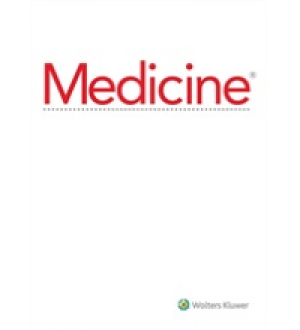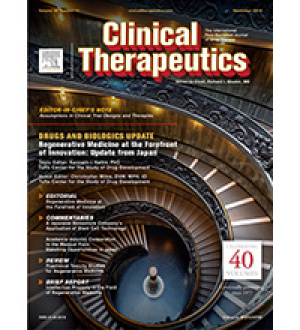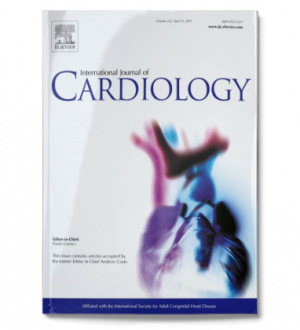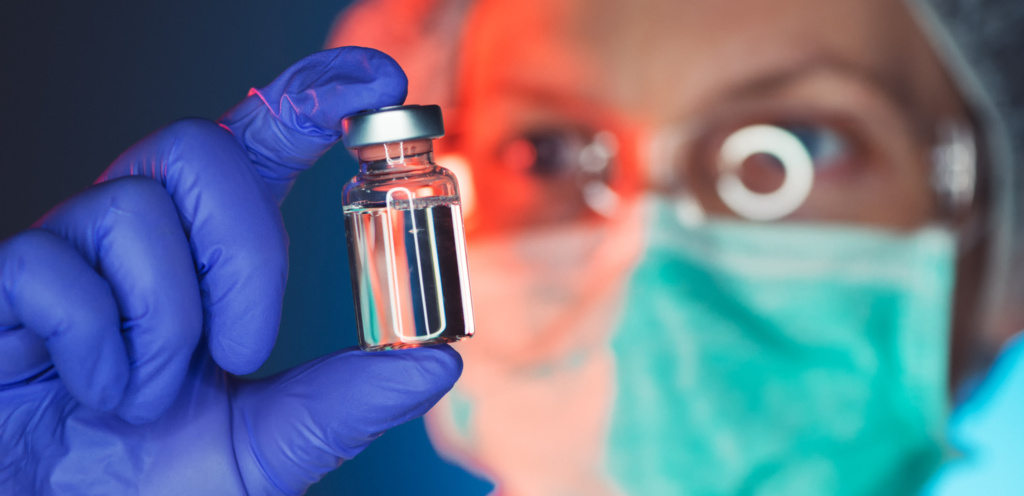
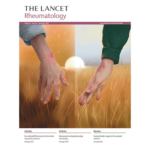 Общая информация
Общая информация
Ингибиторы интерлейкина-5 (ИЛ-5) представляют собой новые методы лечения эозинофильного гранулематоза с полиангиитом (ЭГПА). В этом исследовании оценивалась эффективность и безопасность ингибитора рецептора ИЛ-5 бенрализумаба в европейской когорте пациентов с ЭГПА.
Методы
В это ретроспективное когортное исследование были включены пациенты с ЭГПА из 28 европейских реферальных центров Европейской исследовательской группы ЭГПА в шести странах (Италия, Франция, Великобритания, Россия, Испания и Швейцария), которые получали бенрализумаб в качестве любой линии лечения в период с 1 января 2019 года по 30 сентября 2022 года.
Мы оценили показатели полного ответа, определяемого как отсутствие активности заболевания (оценка активности васкулита Бирмингема [BVAS], равная 0) и дозы преднизолона до 4 мг/сут, в отличие от частичного ответа, определяемого как BVAS, равная 0, и дозы преднизолона, превышающей 4 мг/сут. Активные проявления заболевания, легочная функция, изменение дозы глюкокортикоидов и показатели безопасности также оценивались в течение 12 месяцев наблюдения.
Результаты
В исследование был включен 121 пациент с рецидивирующим рефрактерным ЭГПА, получавший бенрализумаб в дозе, одобренной для лечения эозинофильной астмы (64 [53%] женщины и 57 [47%] мужчин; средний возраст на момент начала лечения бенрализумабом 54,1 года [интерквартильный интервал IQR 44,2−62,2 ]).
Полный ответ был отмечен у 15 (12,4%, 95% ДИ 7,1−19,6) из 121 пациента на 3, 25 месяцы (28,7%, 19,5−39,4) из 87 пациентов на 6 и 32 месяцы (46,4%, 34,3−58,8) из 69 пациентов на 12 месяц; частичный ответ наблюдался еще у 43 (35,5%, 27,0−44,8) пациентов на 3, 23 месяцы (26,4%, 17,6−37,0) на 6 месяц, и 13 (18,8%, 10,4−30,1) на 12 месяце.
Показатель BVAS снизился с 3,0 (IQR 2,0−8,0) на исходном уровне до 0,0 (0,0−2,0) на 3 и 6 месяцах, и до 0,0 (0,0−1,0) на 12 месяце. Доля пациентов с системными проявлениями, активными периферическими неврологическими заболеваниями, поражением уха, носа и горла, а также легких снизилась вместе с улучшением показателей функциональных тестов легких. У шести пациентов произошел рецидив после получения полного ответа.
Пероральная доза преднизолона (или эквивалента) снизилась с 10,0 мг/сут (5,0−12,5) изначально до 5,0 мг/сут (3,6−8,5) на 3 месяце (р<0,01), до 5,0 мг/сут (2,5−6,3) на 6 месяце, и до 2,5 мг/сут (0,0−5,0) на 12 месяце (p<0·0001). У 19 (16%) из 121 пациента наблюдались нежелательные явления, и 16 (13%) прекратили прием бенрализумаба.
Заключение
Эти данные свидетельствуют о том, что бенрализумаб может быть эффективным средством лечения ЭГПА в реальной клинической практике. Необходимы дальнейшие клинические испытания для подтверждения эффективности бенрализумаба у пациентов с более высокой исходной активностью заболевания.
Alessandra Bettiol, Maria Letizia Urban, Roberto Padoan, Matthieu Groh, Giuseppe Lopalco, Allyson Egan, Vincent Cottin, Paolo Fraticelli, Claudia Crimi, Stefano Del Giacco, Laura Losappio, Laura Moi, Francesco Cinetto, Marco Caminati, Pavel Novikov, Alvise Berti, Paolo Cameli, Pascal Cathébras, Angelo Coppola, Cécile-Audrey Durel, Marco Folci, Alberto Lo Gullo, Carlo Lombardi, Sara Monti, Paola Parronchi, Carlos Martinez Rivera, Roser Solans, Angelo Vacca, Georgina Espígol-Frigolé, Gabriella Guarnieri, Fulvia Chieco Bianchi, Maria Rita Marchi, Colas Tcherakian, Jean-Emmanuel Kahn, Florenzo Iannone, Vincenzo Venerito, Charlene Desaintjean, Gianluca Moroncini, Santi Nolasco, Giulia Anna Maria Luigia Costanzo, Jan Walter Schroeder, Camillo Ribi, Michelangelo Tesi, Elena Gelain, Irene Mattioli, Federica Bello, David Jayne, Domenico Prisco, Augusto Vaglio, Giacomo Emmi
The Lancet Rheumatology. November 2023
10.1016/S2665−9913(23)00243−6
Benralizumab for eosinophilic granulomatosis with polyangiitis: a retrospective, multicentre, cohort study
Background
Interleukin-5 (IL-5) inhibitors represent novel therapies for eosinophilic granulomatosis with polyangiitis (EGPA). This study assessed the effectiveness and safety of the IL-5 receptor inhibitor benralizumab in a European cohort of patients with EGPA.
Methods
This retrospective cohort study included patients with EGPA from 28 European referral centres of the European EGPA Study Group across six countries (Italy, France, UK, Russia, Spain, and Switzerland) who received benralizumab as any line of treatment between Jan 1, 2019, and Sep 30, 2022. We assessed the rates of complete response, defined as no disease activity (Birmingham Vasculitis Activity Score [BVAS] of 0) and a prednisone dose of up to 4 mg/day, in contrast to partial response, defined as a BVAS of 0 and a prednisone dose greater than 4 mg/day. Active disease manifestations, pulmonary function, variation in glucocorticoid dose, and safety outcomes were also assessed over a 12-month follow-up.
Findings
121 patients with relapsing-refractory EGPA treated with benralizumab at the dose approved for eosinophilic asthma were included (64 [53%] women and 57 [47%] men; median age at the time of beginning benralizumab treatment 54·1 years [IQR 44·2−62·2]). Complete response was reported in 15 (12·4%, 95% CI 7·1−19·6) of 121 patients at month 3, 25 (28·7%, 19·5−39·4) of 87 patients at month 6, and 32 (46·4%, 34·3−58·8) of 69 patients at month 12; partial response was observed in an additional 43 (35·5%, 27·0−44·8) patients at month 3, 23 (26·4%, 17·6−37·0) at month 6, and 13 (18·8%, 10·4−30·1) at month 12.
BVAS dropped from 3·0 (IQR 2·0−8·0) at baseline to 0·0 (0·0−2·0) at months 3 and 6, and to 0·0 (0·0−1·0) at month 12. The proportion of patients with systemic manifestations, active peripheral neurological disease, ear, nose, and throat involvement, and pulmonary involvement decreased, with an improvement in lung function tests. Six patients relapsed after having a complete response. The oral prednisone (or equivalent) dose decreased from 10·0 mg/day (5·0−12·5) at baseline to 5·0 mg/day (3·6−8·5) at month 3 (p<0·01), to 5·0 mg/day (2·5−6·3) at month 6, and to 2·5 mg/day (0·0−5·0) at month 12 (p<0·0001). 19 (16%) of 121 patients had adverse events and 16 (13%) discontinued benralizumab.
Interpretation
These data suggest that benralizumab could be an effective treatment for EGPA in real-life clinical practice. Further clinical trials are required to confirm the efficacy of benralizumab in patients with a higher baseline disease activity.

